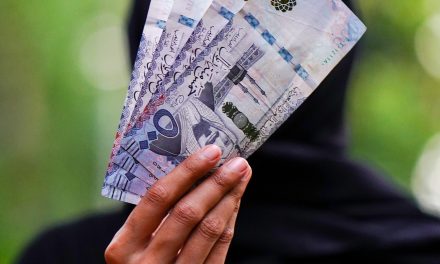
Aqeeqah The Forgotten sunnah

Aqeeqah seems to be one of the forgotten sunnah practice to many Muslims today.
According to the prophetic tradition reported by Bukhaaree, the Messenger (peace be upon him) said that with the child there is “Aqeeqah, so spill blood for him and remove the harm from him.
Another hadeeth says that Allah’s Messenger (peace be upon him) said: Every child is in pledge (raheenah) or its “Aqeeqah which is sacrificed for it on its seventh day, and it is named on it, and its head is shaved.
Based on the above prophetic reports, many scholars have said that it is recommended sunnah to perform Aqeeqah over a newly born baby.
What is to be Sacrificed for a Boy and for a Girl
This rite is to be performed for the new born child whether it is a boy or a girl, however, two sheep are to be sacrificed for the boy and one for the girl. This is what is correct and witnessed to by the narrations established from Allah’s Messenger (peace be upon him), as explained above, and was the position of Ibn ‘Abbaas and ‘Aa.ishah- radiyallaahu ‘anhum – and the majority of the Muslim jurists.
Therefore, the Sunnah is accomplished when two sheep are sacrificed for a boy for one who is able to do that. However, there the number is also a recommendation and that the Sunnah would be achieved by sacrificing a single sheep.
All in all, “The outcome is that the “Aqeeqah is a Sunnah from the Sunnahs of Islam and sacrificed for a boy and for a girl has to take place.
The characteristics and the Age of the Sheep which are conditions for the ‘Aqeeqah Sacrifice
Since many things are understood by its binary opposition, A group of the scholars hold that the sheep must be free from the defects mentioned with regard to the sacrifice for the -adhaa
– due to analogy with it. (And whosoever honors the Symbols of Allah, then it is truly from the piety of the heart.) [Soorat-Hajj: Aayah 32].
With regard to the age of the sheep for sacrifice. If the sheep has passed the age required for the Adhaa sacrifice i.e. that it is six months or older (according to one saying) – then that is better and more complete, but if it is less then it appears that this is still acceptable.
Time of Aqeeqa
The birth of the child is the reason for sacrificing the ‘Aqeeqah as shown by the hadeeth. Therefore it is not correct to sacrifice it before the birth. So after the birth, then the sacrifice is to be done at any time on the seventh day after the birth whether during the night or the day, as he said which is sacrificed for him on his seventh day the first of these days being the day of the birth. So if the child was born on the day of Jumuah.
for example, then the ‘Aqeeqah is sacrificed on the day of Khamees (Thursday) of the following week.
The time for the ‘Aqeeqah has a limited period of extension after the seventh day. So if one misses the seventh day due to preoccupation, some need or some excuse, then its prescription remains since it is still required in order to free the child held in pledge for it as occurs in the hadeeth Every child is in pledge for its Aqeeqah.
Who is to perform the Sacrifice?
The sacrifice for the child is required from the father – since he is the one addressed by the prophetic ahaadeeth. However, it is also correct if done by someone else. So it is permissible for a near and beloved relative – such as the grandfather, uncle and brother to take on the responsibility of the ‘Aqeeqa and donate it. Our Prophet Muhammad (peace be upon him) gave the ‘Aqeeqah of his two grandsons, al-Hasan and al-Husayn – and their father was present. This matter is also indicated in his saying which is sacrificed for him So he mentioned the sacrifice without assigning a particular person to do it.
By putting this and other prophetic Sunnah into practice, it is better than following the hearts and other non Islamic practices like birthday celebrations for the baby. These celebrations are not just a waste of resources but they are also regarded as innovations because Prophet never celebrated his birth day or the birth of any of his predecessors.

































